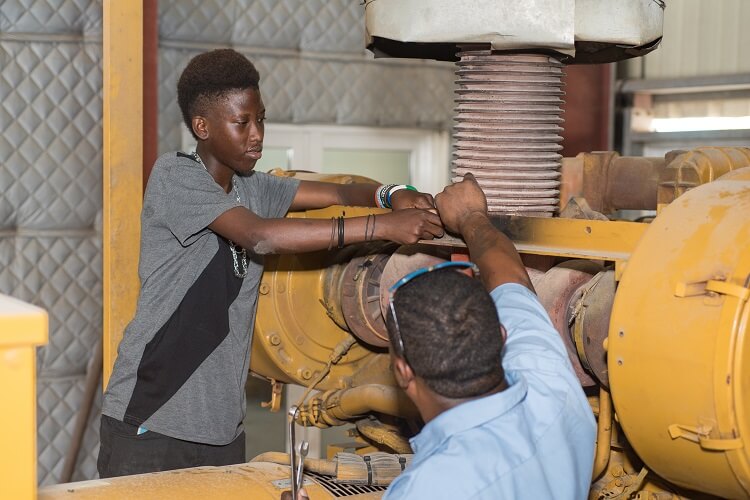PRO

PrO (praktijkonderwijs, practical stream) is secondary education, intended for students who have difficulty with traditional ways of learning. In PrO, students don’t only learn through books and online, but mainly by doing it; thus, in practice. The theory is brought to life and intensified by means of practical subjects and internships. Tailor-made and personalized learning are key in PrO: every student works according to an individual educational plan (IEP). The IEP reflects the student’s personal abilities, needs, and wishes.
PrO aims to prepare students for further (vocational) education or the labor market. In doing so, learning, working, self-reliance, citizenship, and leisure are important themes. Within these themes, PrO students learn to function as well and as independent as possible, in the school and in society.
In the first 2 Forms, the PrO program focuses on basic skills, a broad, general educational basis and orientation on the various sectors of the labor market. From 3rd Form, the PrO program is more occupational oriented. Students can choose their occupational sector (such as automotive, hospitality, or welding) and will start taking on job placements. The internship (stage) is an important part of the PrO student’s learning process. A good internship often is the foundation for a regular job.
After 4 or 5 years of PrO, students either start with a job in the work force or further their education in the CVQ program or at New Challenges Foundation (NCF).
